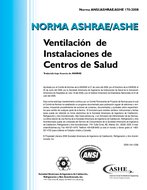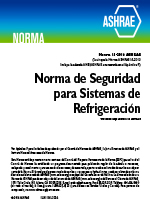Description
Combustion is a chemical reaction in which an oxidant reacts rapidly with a fuel to liberate stored energy as thermal energy, generally in the form of high-temperature gases. Small amounts of electromagnetic energy (light), electric energy (free ions and electrons), and mechanical energy (noise) are also produced during combustion. Except in special applications, the oxidant for combustion is oxygen in the air. The oxidation normally occurs with the fuel in vapor form. One notable exception is oxidation of solid carbon, which occurs directly with the solid phase.
Principles of Combustion
Fuel Classification
Gaseous Fuels
Liquid Fuels
Solid Fuels
Combustion Calculations
Efficiency Calculations
Combustion Considerations
ISBN: 978-1-939200-58-7 (for SI versions of chapters)
ISSN: 1523-7230 (for SI versions of chapters)
Citation: 2017 ASHRAE Handbook — Fundamentals: Chapter 28, Combustion and Fuels
Product Details
- Published:
- 2017
- ISBN(s):
- 9781939200587
- Number of Pages:
- 21
- Units of Measure:
- SI
- File Size:
- 1 file , 1.1 MB
- Product Code(s):
- D-F282017SI




